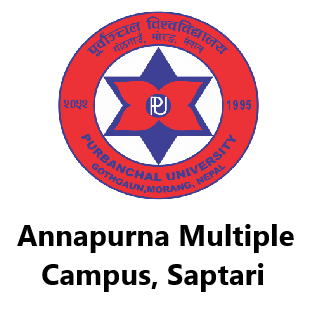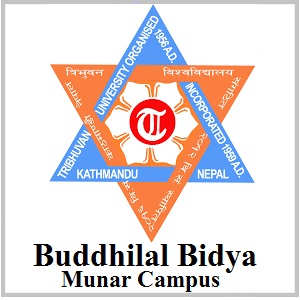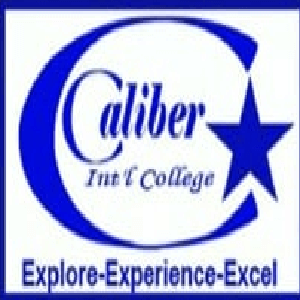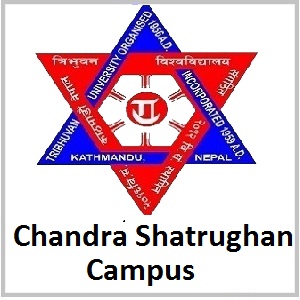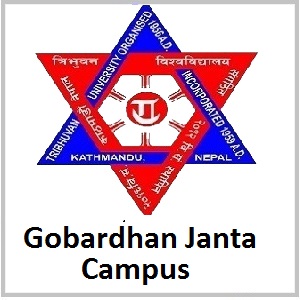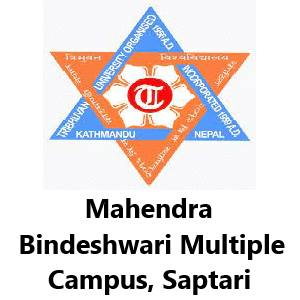Overview
Rajbiraj Model Campus is located at Rajbiraj-7, Main Road, Kharsal Tole, Saptari, Madhesh Province, Nepal. Established in 2001 AD, the campus runs NEB 10+2 programs (Science, Management, Education) and Tribhuvan University (TU) programs at bachelor and master’s levels, including BBS, B.Ed., and M.Ed.
You will get details on admissions, programs, scholarships, teaching practice, and facilities for a Nepal and global audience seeking reliable information.
Quick Highlights
-
Address: Rajbiraj-7, Main Road, Kharsal Tole, Saptari, Madhesh Province
-
Year of Establishment: 2001 AD
-
Affiliations: National Examinations Board (NEB); Tribhuvan University (TU)
-
Programs: 10+2 (Science, Management, Education), BBS, B.Ed., M.Ed.
-
Medium of Instruction: English and Nepali (by course/level)
-
Student Support: Orientation, academic counseling, remedial classes
-
Learning Exposure: Subject talks, seminars, field/industry visits aligned with course objectives
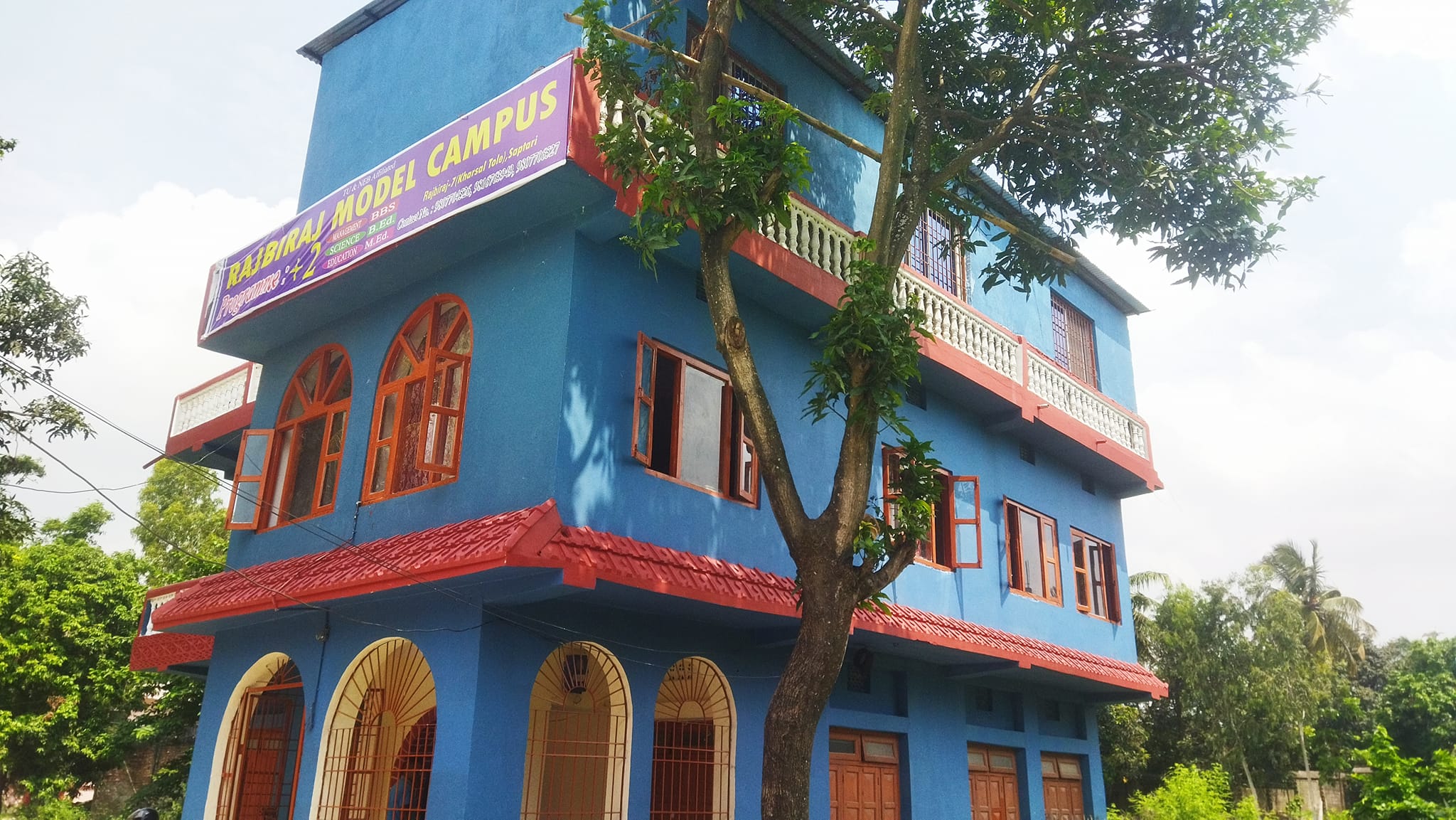
Academic Programs Offered
Ten Plus Two (NEB) — Science, Management, Education
The NEB Science stream includes theory and practical work in physics, chemistry, and biology as prescribed by NEB. Management focuses on accounting, economics, business studies, and related subjects with classroom activities that build subject clarity.
The Education stream lays a foundation for teacher education and social sciences. Assessment follows NEB rules, combining internal activities with board examinations.
Bachelor of Business Studies (BBS) — Tribhuvan University
BBS centers on accounting, finance, economics, business law, and organizational studies. Coursework follows TU guidelines with internal evaluations and final examinations.
Graduates commonly move into roles in finance, administration, or entrepreneurship, or continue to higher studies. Departments may organize exposure visits or talks that connect classroom topics with local enterprises when relevant.
Bachelor of Education (B.Ed.) — Tribhuvan University
B.Ed. focuses on subject-specific pedagogy, classroom practice, educational psychology, and curriculum work. School observations and practice activities are conducted in line with TU requirements. The program supports learners aiming for teaching careers or further study in education and social sciences.
Master of Education (M.Ed.) — Tribhuvan University
M.Ed. deepens subject knowledge, classroom practice, and research literacy. Students engage in seminars, assignments, and guided research tasks as per TU structure. The program is suitable for teachers, trainers, and education professionals seeking advanced qualifications within Nepal’s school and community context.
Admission Process
NEB (10+2)
-
Eligibility: SEE or equivalent as per NEB rules.
-
Process: Application within the announced timeline; stream selection based on prior results and seat availability.
-
Documents: SEE mark sheet and certificate, recent photographs, migration (if applicable), and other items listed in the intake notice.
TU Bachelor’s (BBS, B.Ed.)
-
Eligibility: 10+2 or equivalent from a recognized board per TU regulations.
-
Process: Form submission, document verification, and enrollment according to program capacity; academic counseling may be scheduled.
-
Documents: 10+2 mark sheet and certificate, character certificate, photographs, migration (if applicable), and other program-specific items.
TU Master’s (M.Ed.)
-
Eligibility: B.Ed. or an equivalent qualification accepted by TU.
-
Process: Application and verification under faculty rules; enrollment subject to eligibility and seat availability.
-
Documents: Bachelor’s transcripts and certificates, character certificate, photographs, and any items listed in the intake notice.
Admission schedules, seat numbers, and any entrance requirements are announced each cycle through official campus notices.
Teaching Faculty and Learning Methodology
Classes run in English and Nepali according to program needs. Teaching involves lectures, guided discussion, tutorials, practicals, internal assessments, and school or field engagements where the curriculum calls for it.
Departments encourage steady study habits through orientation, semester/term plans, and faculty office hours.
Internal evaluations track progress, while board or university examinations determine final results. Students who want extra support may attend remedial classes focused on specific subjects or exam preparation.
Infrastructure and Learning Facilities
The campus maintains classrooms for secondary and higher education levels, a library for course texts and references, and science laboratories for NEB practicals. Computing access supports assignments and digital literacy tasks embedded in NEB/TU curricula.
Notice boards and official channels share academic calendars, exam updates, and policy guidelines so learners, guardians, and staff can plan their schedules with clarity.
Student Life and Campus Experience
Student life balances study with constructive engagement. Departments host orientations, subject talks, and peer-learning sessions.
Study groups form around examination topics, and students can seek one-to-one guidance during faculty office hours. Activities are scheduled to protect learning time, with dates communicated through departmental notices.
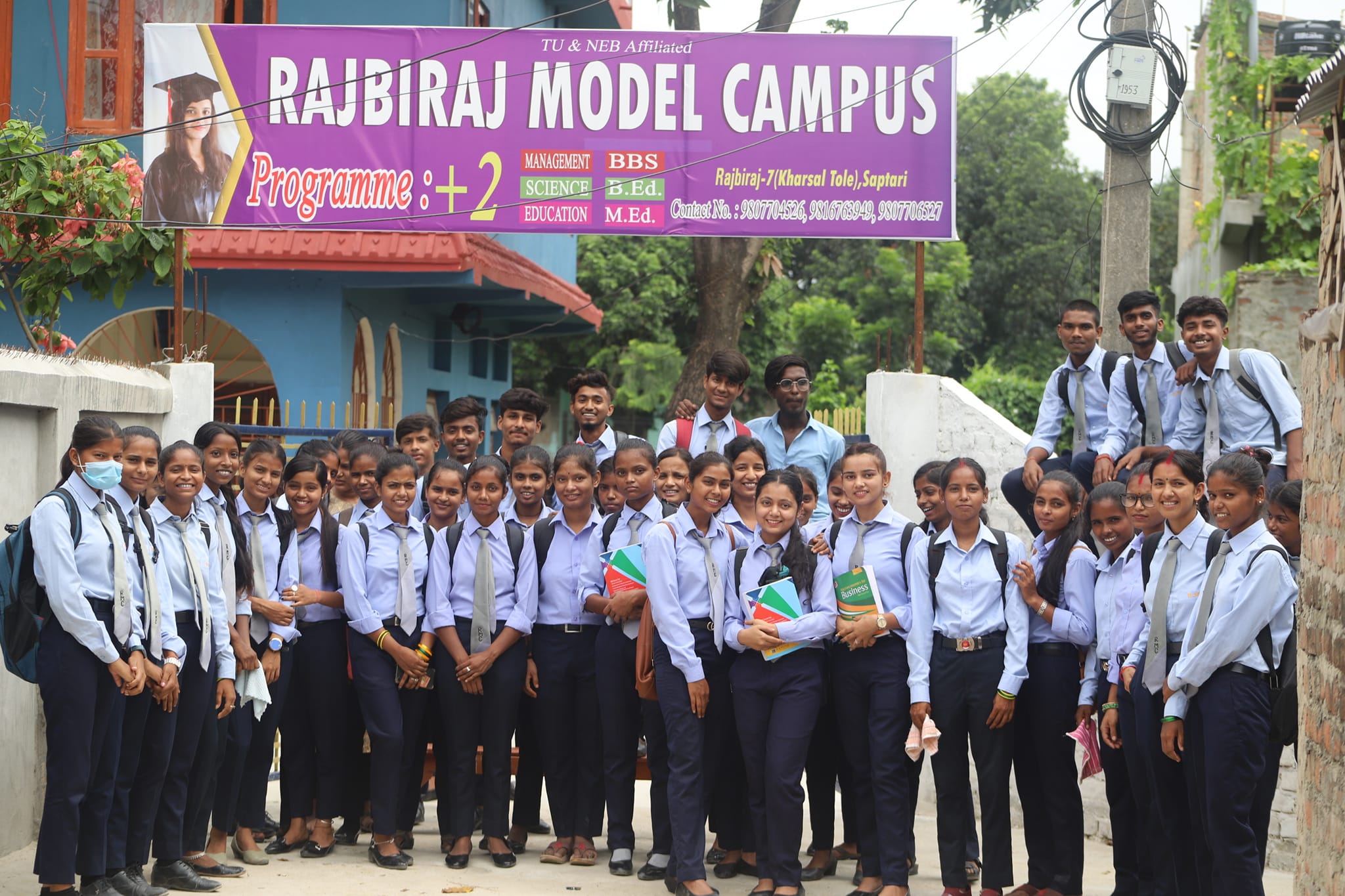
Extracurricular Activities (ECA)
Campus activities support confidence, communication, and teamwork:
-
Subject clubs and discussion circles
-
Debate and quiz programs tied to course themes
-
Sports meets on the academic calendar
-
Cultural events reflecting local participation
Participation rules are shared in advance, and academic priorities remain central during event scheduling.
Scholarships and Financial Support
Scholarships follow national and institutional rules. Common categories include merit-based awards, provisions for designated groups under national policy, and limited need-based support. Annual intake notices outline criteria, required documents, and deadlines.
Applicants should review the scholarship window each session and submit documents within the stated timeline.
Achievements and Institutional Milestones
Since 2001 AD, Rajbiraj Model Campus has grown from secondary education to bachelor and master’s programs under TU.
It is among the earlier higher-education providers in Rajbiraj Municipality, supporting a local pathway from NEB 10+2 to BBS/B.Ed. and onward to M.Ed.
The campus serves learners from Saptari and neighboring districts who seek recognized qualifications within Nepal’s public education system.
Why Choose This Institution?
-
Recognized Affiliations: NEB for 10+2; TU for BBS, B.Ed., M.Ed.
-
Clear Pathway: Progress from Class 11–12 to bachelor and master’s within the same institution.
-
Language Options: English and Nepali mediums by subject and level.
-
Student Support: Orientation, counseling, and remedial classes for academic continuity.
-
Course-Linked Exposure: Field or industry visits arranged when they add value to subject learning.
-
Location: Rajbiraj-7, Main Road, Kharsal Tole—accessible for students across Saptari and nearby areas.
These points reflect steady academic routes, policy alignment, and transparent information for students, guardians, teachers, planners, and partners.
Conclusion
Rajbiraj Model Campus provides NEB 10+2 in Science, Management, and Education, along with TU-affiliated BBS, B.Ed., and M.Ed. The campus follows national curricula, uses clear assessment procedures, and supports learners through counseling and remedial sessions.
For current admission dates, seat numbers, and scholarship notices, please refer to the campus’s official announcements during the intake period.


